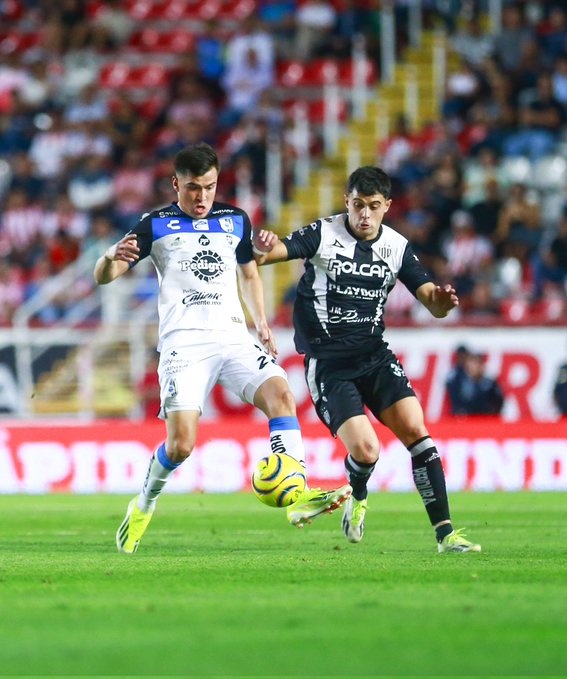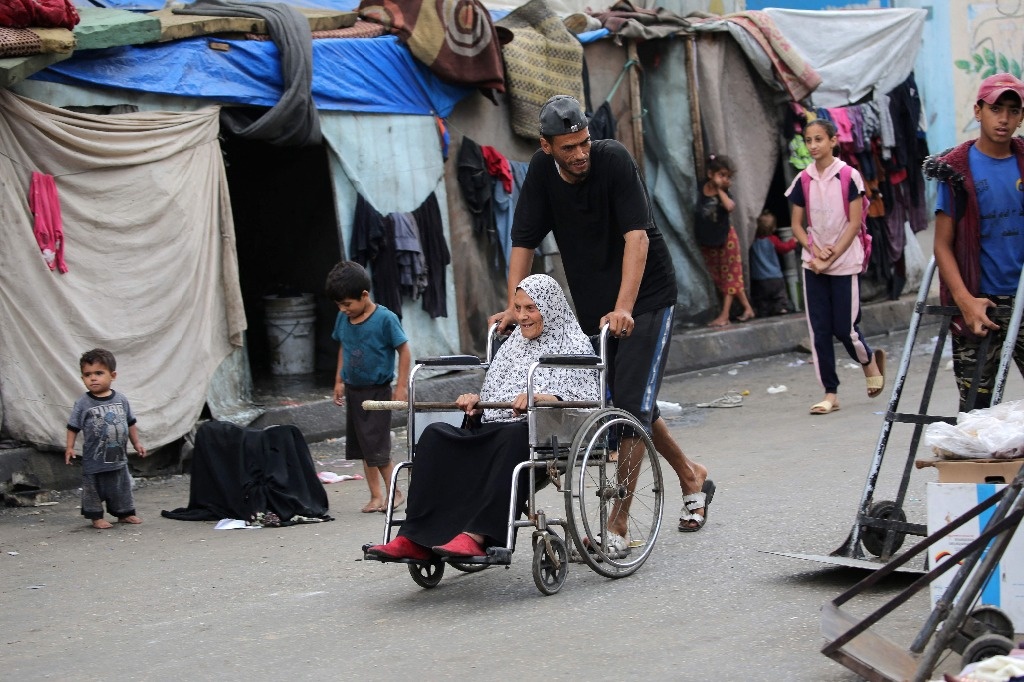PSV has just won the 25th national title in its history. A milestone that Frisian Eindhoven resident Kees Slofstra, who died 23 years ago on one day, would have liked to experience. By a twist of fate, the PSV supporter became a photographer for his club, and saw many world stars pass by in forty years.
Kees Slofstra in the Philips Stadium (1996).
What started as a misunderstanding grew into a period of more than forty years as a hobby photographer at PSV. Kees Slofstra was the grandfather of the author of this piece and recorded the growth of the Eindhoven football club during those four decades in hundreds, perhaps thousands of photos. He did so until his last home game, three weeks before his death on May 6, 2001.
Slofstra got his place behind the goal when PSV sold season tickets for the first time in 1954. Due to an administrative error, two supporters were sent a card for the same seat. Solution: one in the stands, one directly behind the goal. From then on he sat there at every home game. Always in a gray raincoat, always on the same stool. You often see Slofstra’s bald head appear in old summaries.
Almost always, even if the opponent was stronger, he was behind the enemy goal, on the side where PSV had to score. Slofstra was once the only one to take a photo of a PSV goal, because all the other photographers were behind the wrong goal – telephoto lenses were not yet used. Then he gave the picture to one of the professional photographers for free. Slofstra made no money from photography. He almost never skipped home games. When PSV played outside Eindhoven, he stayed at home, except for the European Cup I final win in 1988, against Benfica in Stuttgart.
Hand broken by Willy van der Kuijlen
He built a special bond with some players. The hobby photographer broke his wrist once, when PSV top scorer Willy van der Kuijlen (1946-2021) shot wide and Slofstra tried to turn the ball with one hand, with his device in the other hand. He had the most special bond with former goalkeeper Jan van Beveren (1948-2011), whom he introduced to collecting stamps. Slofstra was a member, and also a board member for a while, of the Philips Philatelists Association.
Screenshot from Walter de Wit’s report. Kees Slofstra shows a photo with Jan van Beveren, PSV goalkeeper from 1970 to 1980, on the left.
Unknown, but everyone knew him
The shy Slofstra was rarely in front of the camera himself. One of the few times was in a short report about him on the talk show Barend & Van Dorp. In this report, made by Walter de Wit, Slofstra admitted that he was more of a supporter than a photographer. He often handed out photos to players and supervisors.
And to opponents. Then he waited until they visited again the next year and handed out the photos. So everyone knew him, but he was still unknown. Slofstra also took a photo of the press conference after each match. Coaches Dick Advocaat, Jan Reker and Guus Hiddink each received an album made by Slofstra when they left PSV. In this way, Kees Slofstra captured not only images with his lens, but also the soul of PSV, with which he left his mark on the historiography of the club.
Slofstra (right, with camera) takes a photo of PSV coach Dick Advocaat (left, at the table) during a press conference (1996).
Slofstra refused to sign a declaration of loyalty
Kees Slofstra was born in 1920 in Brummen, a village in Gelderland. His parents were Frisian. Slofstra always spoke Frisian at home. He studied at the HBS in Delft. War broke out during his studies. Towards the end of the war, the Nazis forced young men to work in the war economy, the so-called Work assignment. Anyone who did not sign the declaration of loyalty to Germany was declared unemployed and could be arrested. Slofstra refused to sign the statement and went into hiding in a farm in Grou, Friesland. Here he met his wife Foukje. After the war, Slofstra worked at Philips as an electrical engineer. In 1947 he married Foukje and they lived together in Eindhoven.
PSV-Bastia, May 9, 1978. European Cup III final (now Europa League). It was played in two games at the time, 0-0 away and a 3-0 home win for PSV.
Willy van der Kuijlen scores the last goal. He wears a white shirt and stands to the left of the cheering Harry Lubse. Bastia players wear a blue shirt with a pirate head. Photographer Slofstra is in the right place and prints at the right time. In short summaries of that match on YouTube you can see the old man taking pictures on his stool. For many PSV supporters at that time, this match was the absolute highlight, even more so than the European Cup I final won ten years later.
Goal by Ralf Edström, aka ‘the Swede with the soft G’. Edström played in Eindhoven from 1973 to 1977. The scoreboard, directly above Edström’s head, was the first electronic scoreboard in Dutch football, and was partly located in Slofstra’s shed before it was installed in the Philips Stadium.


